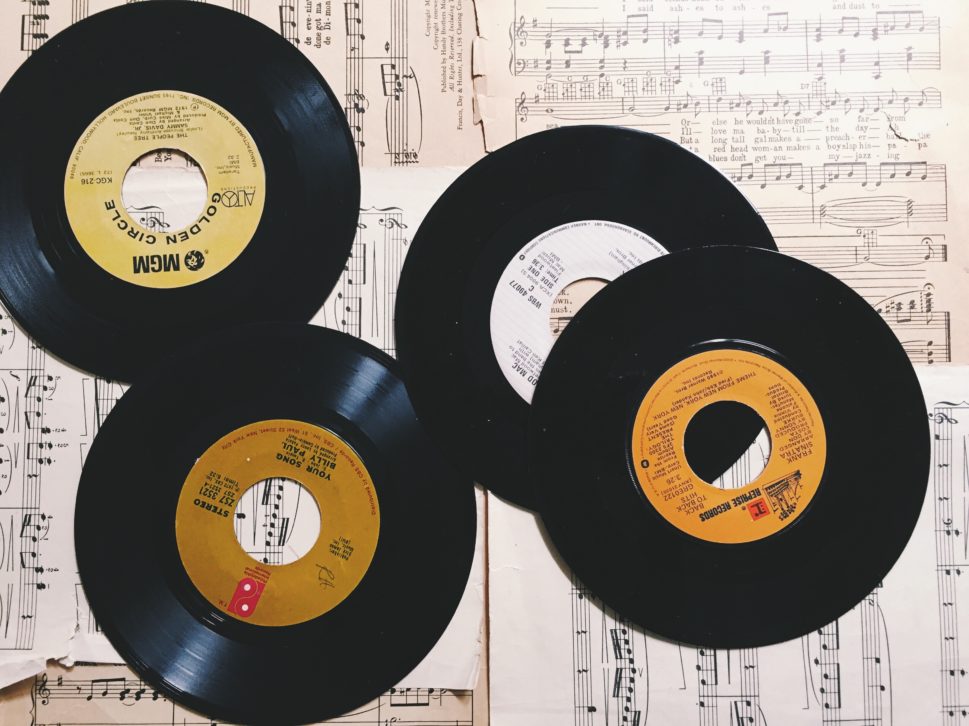Most people, including most professional musicians, tend to use language carelessly when they discuss music. While the main ideas one wants to communicate, such as arguments concerning the best interpretation of a piece or other ways to perform a piece effectively, still make it to the student, most music teachers and academics use language that weakens, or refutes, their own argument without realizing it. This is not to say that what they’re saying is always wrong, just that they leave themselves open for debates that they could easily end.
There are a few phrases and terms that one often hears in lessons or reads in academic articles that simply do not make sense. I bet you see them all the time. Phrases that make arguments about a composer’s intention (“Bach’s music is always devotional”/”Beethoven was inspired by rage”) and phrases that use the words natural or unnatural (“your playing sounds unnatural here”) simply are impossible to prove. Claims about intention are impossible to support using evidence. Arguments in music that use terms such as “natural” or “unnatural” can be easily refuted when one considers how strange the dichotomy between natural and unnatural is, or whether this dichotomy exists in real life.
Another favorite among teachers and writers is “essence.” “Essence” is a metaphysical term that, like just about everything in philosophy, does not have a substantive definition yet. Another problem is when using periods and genres definitively or gushing about an emotional response to music (“Mendelssohn’s motifs remind me of ocean waves”), or using analogies (“the music glows”).
Now that you know how these words are used carelessly, should you correct other people when you hear them? Do you want to be the person that says “I’d just like to interject for a moment…”? I don’t recommend that you correct people, unless they clearly and directly ask about your reaction to what they’re saying. Unless, of course, you don’t want to get called back.
Now that these careless uses have been established and defined, let us explore the weakness of each phrase in more depth. In this part, we’ll discuss why it doesn’t make sense for us to talk about composers’ intentions or use language relating to “essences.”
1) Composers Intentions: Who knows?
People change over time. Composers are no exception.
Have you ever had a conversation with a friend, and walked away thinking that you didn’t know them as well as you think you have? I have, and I bet you have too. It can really be kind of devastating. Here’s a person I share an emotional bond with. I spend a lot of time talking to him, and we’re in the same time period. Suddenly, there’s a whole part of this person I didn’t know before and it causes me to question everything else about them.
I don’t know my friends very well. How could I dream to assume that I know what Bach thought at any given time? I can’t talk to him. We’re not in the same time period. We don’t even speak the same language. Even if I spoke German, the current slang probably doesn’t have much to do with how they spoke back then.
I’m not even reading Bach’s music directly. Bach wrote a good deal of his organ music in organ tab notation, not what I’m used to reading. Some of his keyboard music is originally in alto clef. If you gave a pianist today a score with alto clef, he’d probably leave. Other scores Bach produced had time signatures no one uses anymore, and the beams and layouts don’t match anything we use today.
A lot of musicians have the illusion that they know the person because they know that person’s music. Music doesn’t reveal an entire personality. Otherwise, unpleasant people wouldn’t be good musicians. Or, one couldn’t play multiple styles.
Music, as an intellectual art form, requires resources that are outside oneself. One must react to what has come before using training and theoretical knowledge that comes from someone else. Music that came before is also outside of oneself. Therefore, music is not entirely personal.
It follows that there is a necessary separation between an individual and their music. This degree to the separation between an individual and their music varies based on the artist’s own intentions. These intentions are impossible to prove after the fact.
2) Problems with Essence and Music
Pieces don’t have essences. Music may have connections to Forms, but Forms are not essences. Since Forms are unchanging and music is always changing, music may have the least connection to Form out of the arts. That should be discussed another time.
What is an essence? Well, thousands of pages are written about this and I don’t have a lot of space in these blog posts I’m doing for fun. So I’ll give you an inadequate summary that, if you read between the lines, should get you on your way.
The most prominent use of “essence” comes from Locke, where he argued that all things have an invisible essence, like a pool, that surrounds them in an ether. Locke interpreted parts of Plato’s The Statesman where the Athenian Stranger proposes a classification system. The Stranger argues that things must be classified in terms of their own “essential” characteristic, that is, a characteristic that the thing does not share with other things. Locke took this idea and argued that everything has an “essence” in an ethereal space that it does not share with other things. Quine argued against this when, centuries later, he claimed that everything when we discuss it is in a semantic plane of language without a necessary connection to reality (I thought that this was loosely based off the complaint against writing in Phaedrus, but this isn’t really relevant here and my professors didn’t quite agree anyways). I don’t think most teachers or writers want to claim that a piece of sheet music has some invisible, ethereal parts to it that have to do with essences.
Pieces of music do not really have essences. A singular piece shares so much with other pieces of music that to distill it down to a characteristic it doesn’t share is impossible, even in the case of distilling a piece down to a theme. If another piece is found that shares a theme, then that theme cannot be an essential characteristic of the piece.
This is the first part of two posts. Click here to read the second post.



